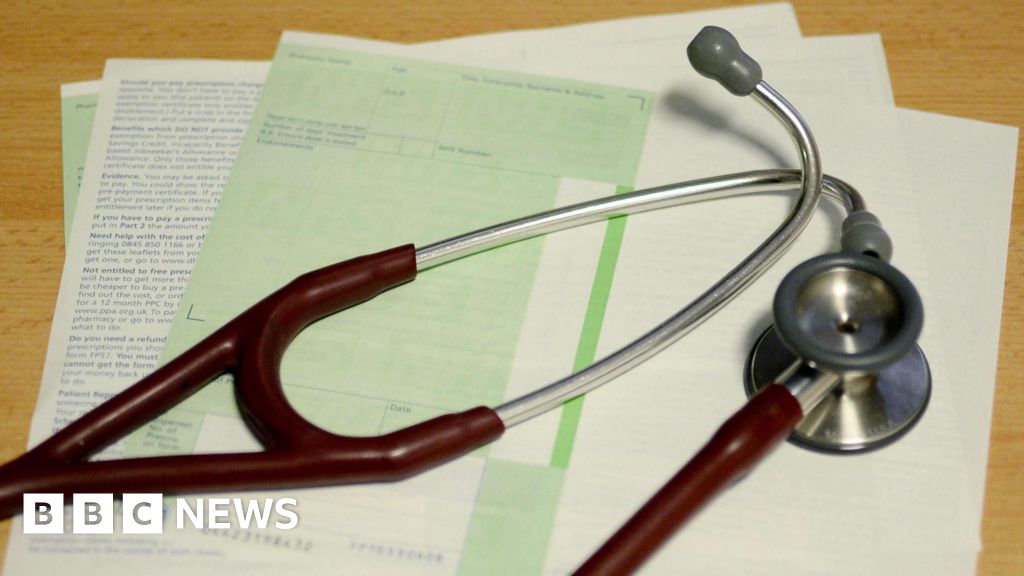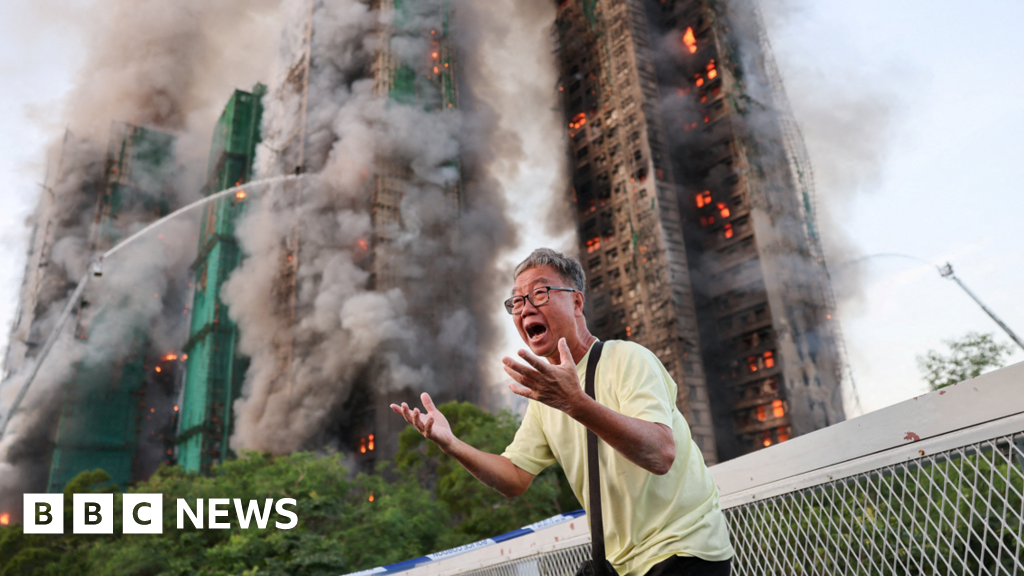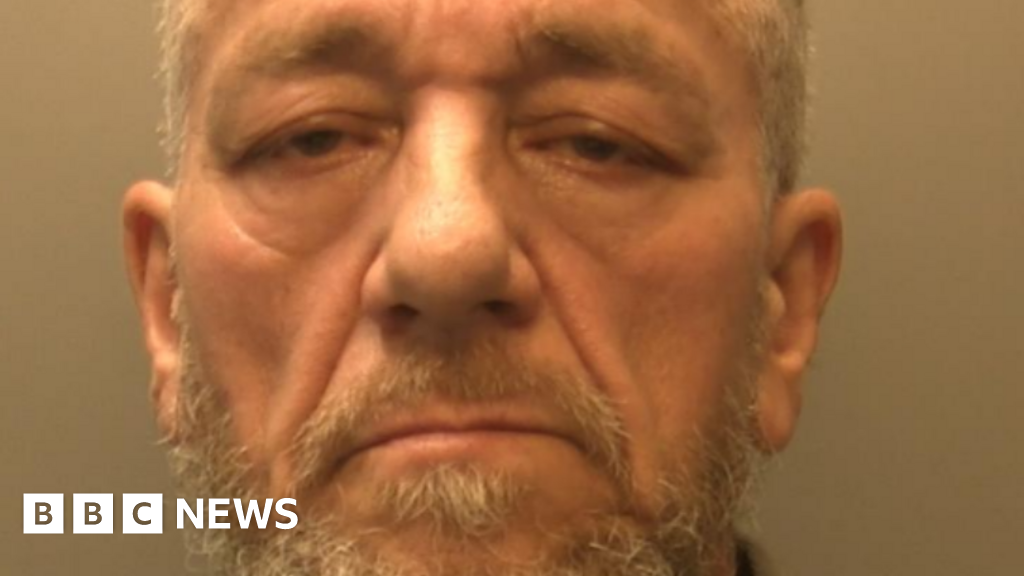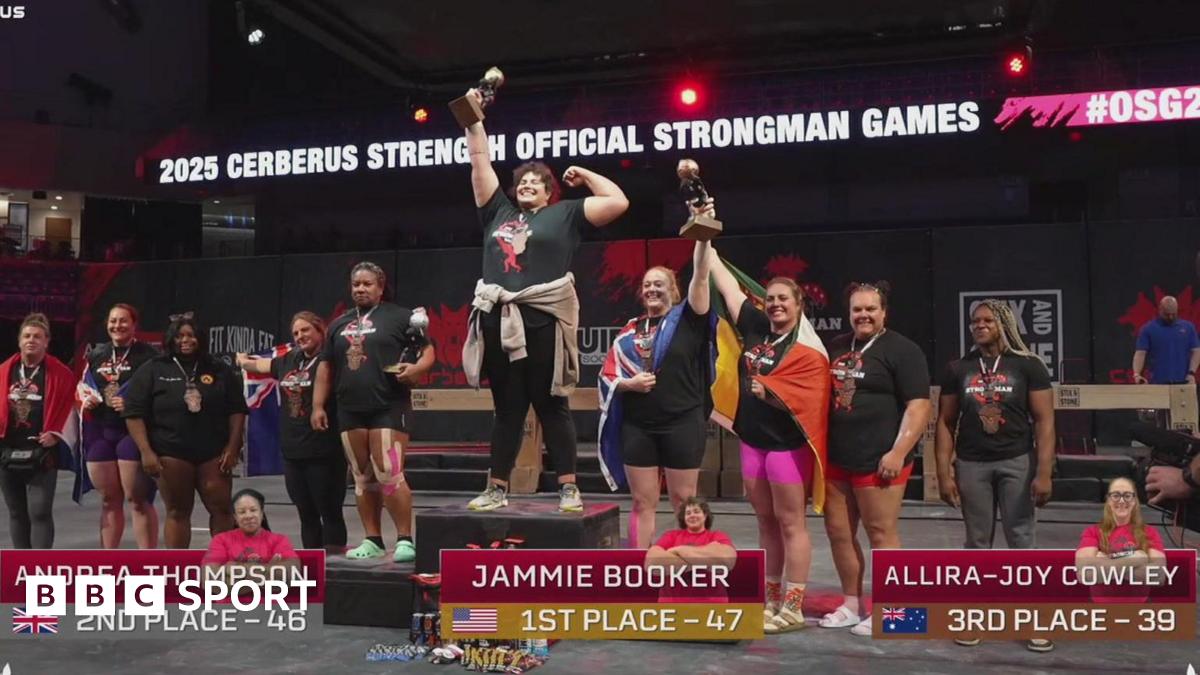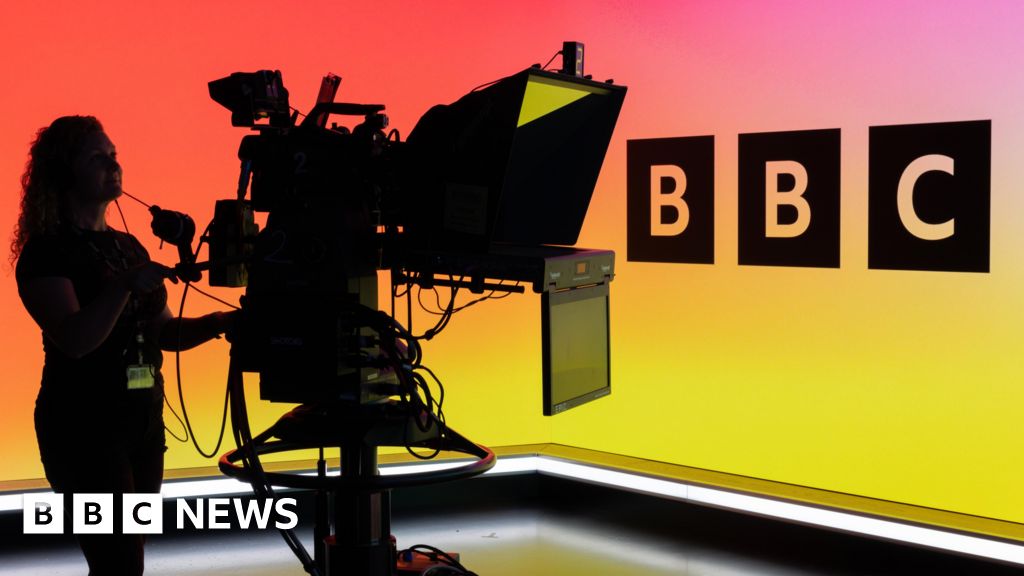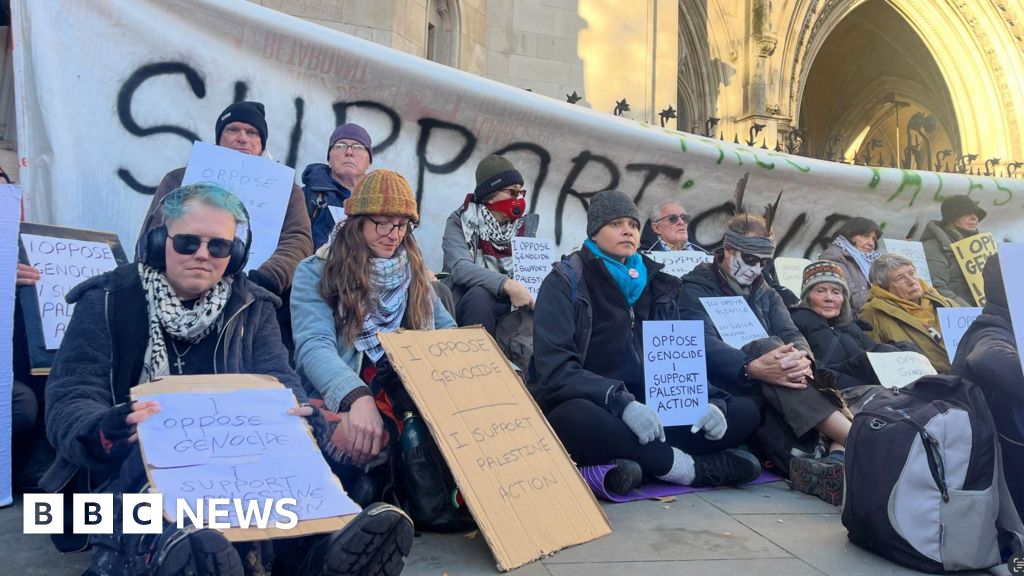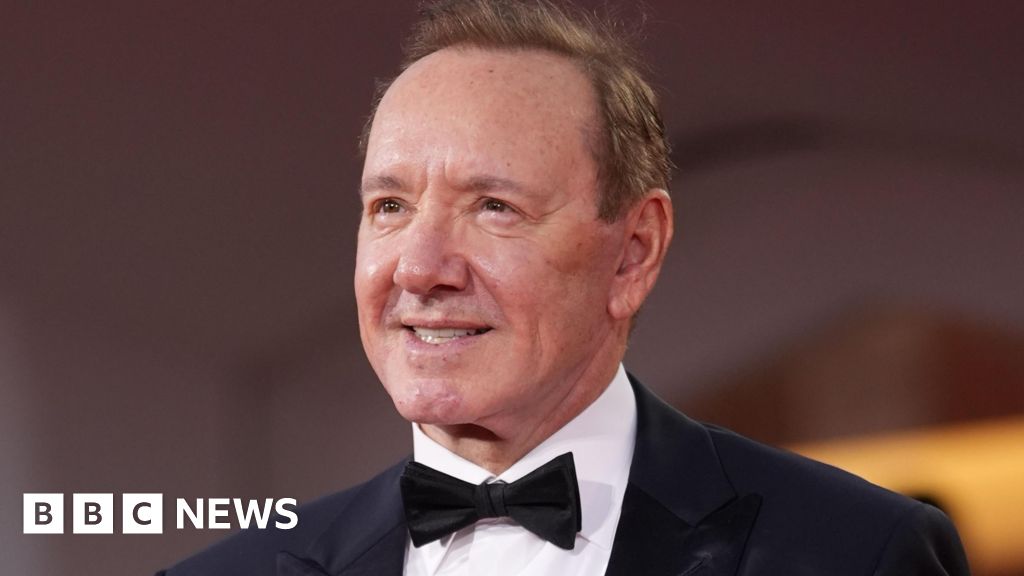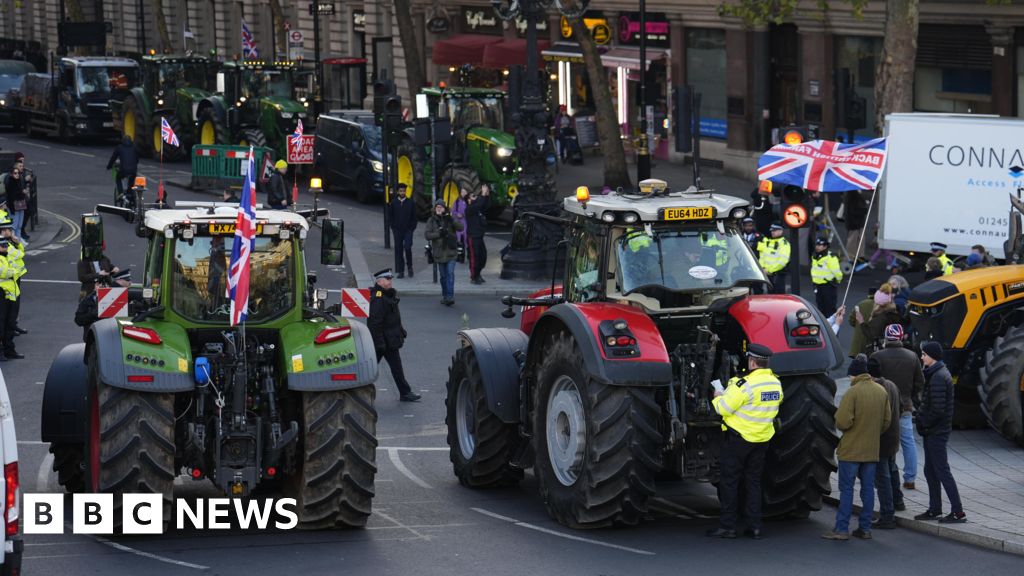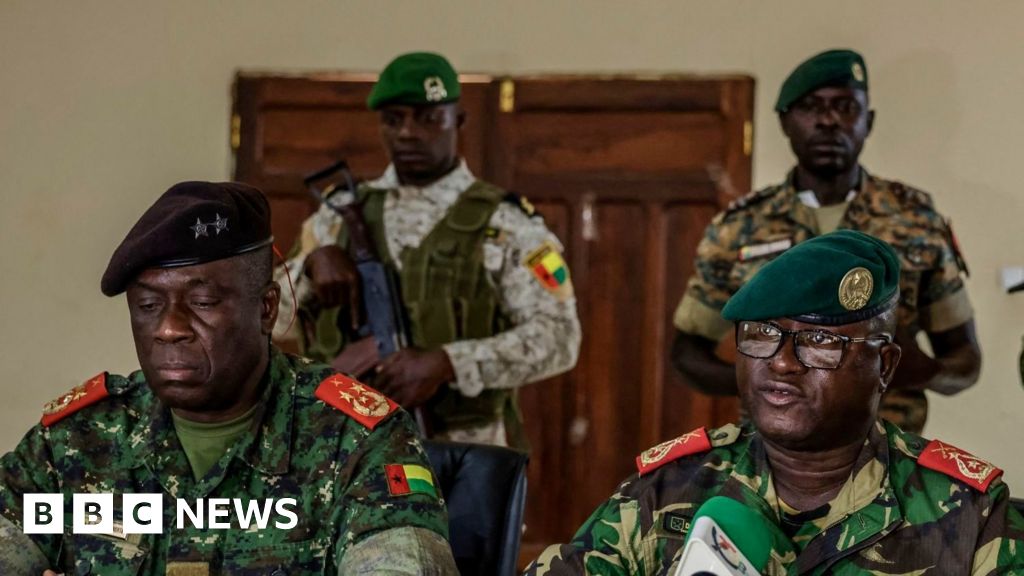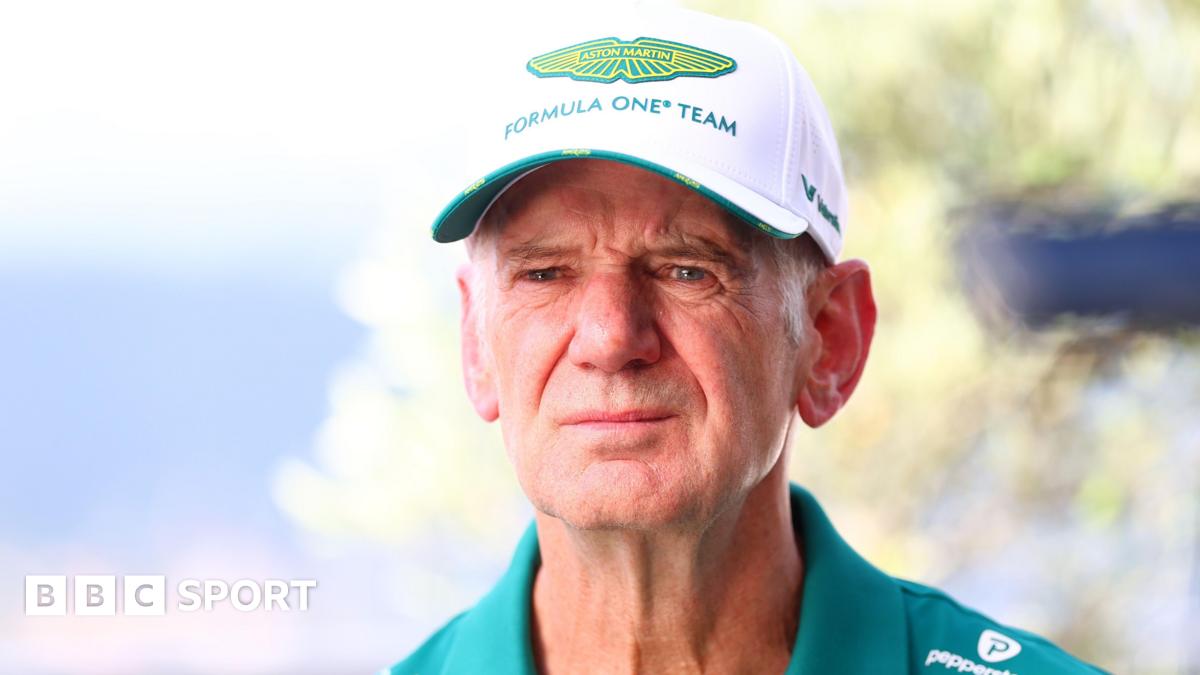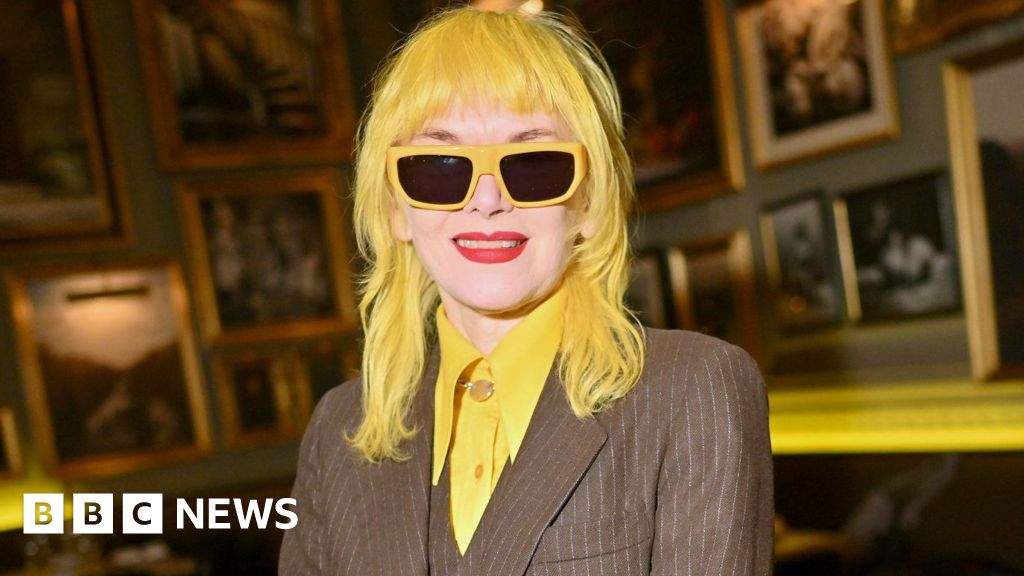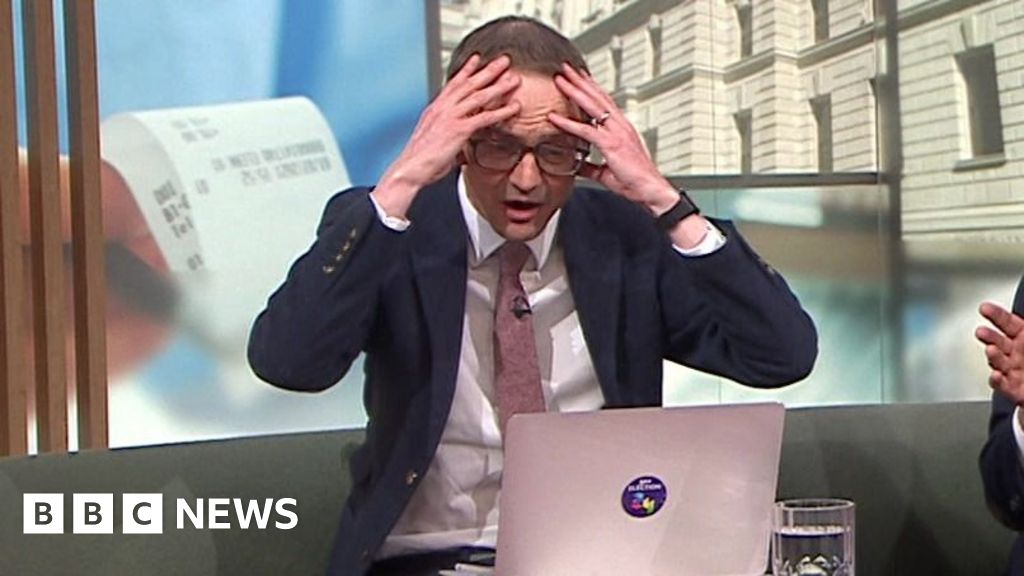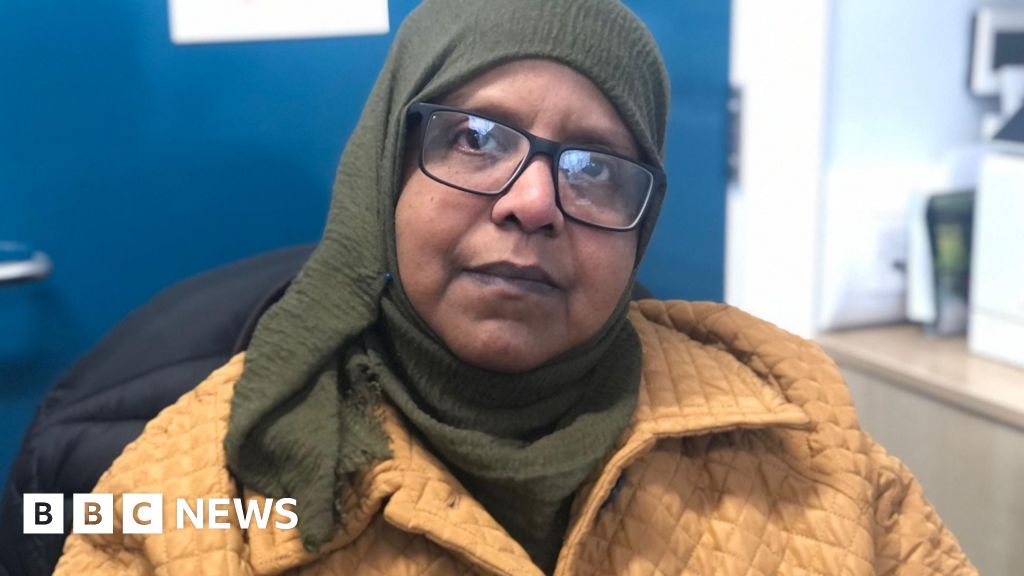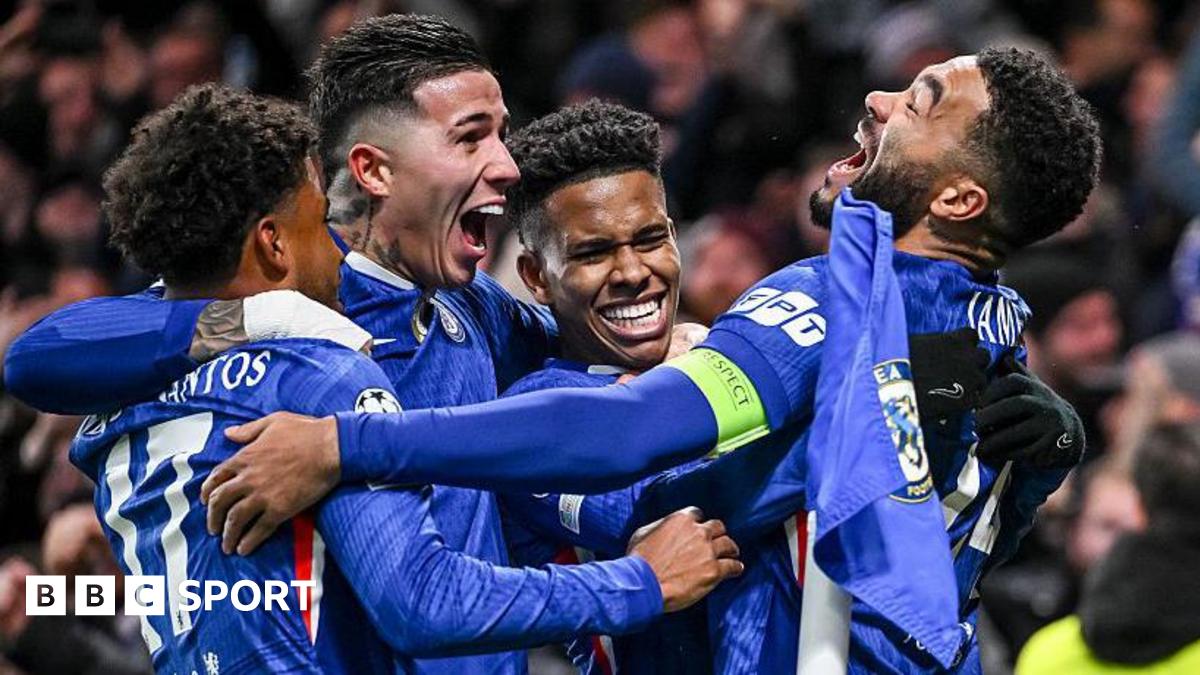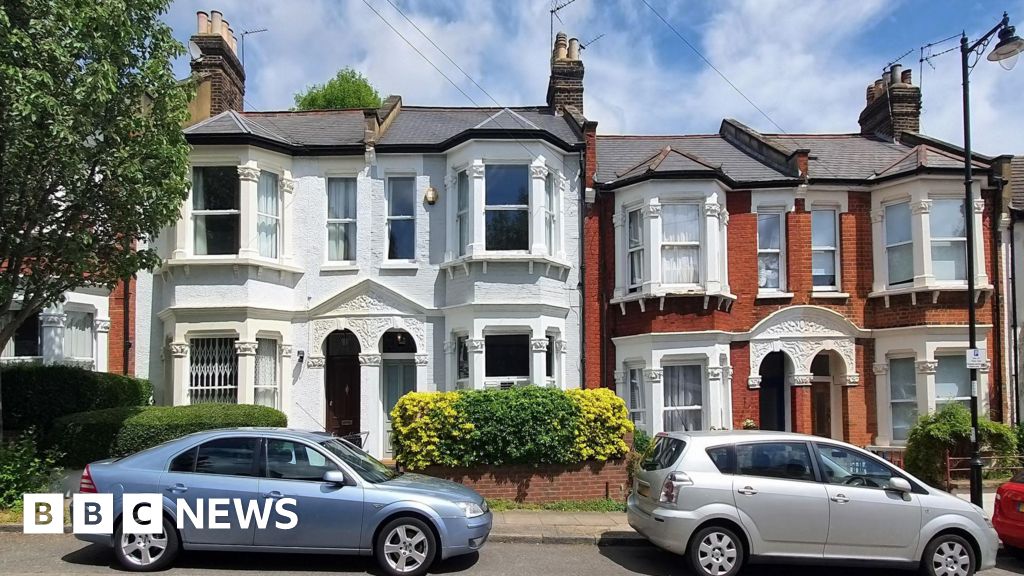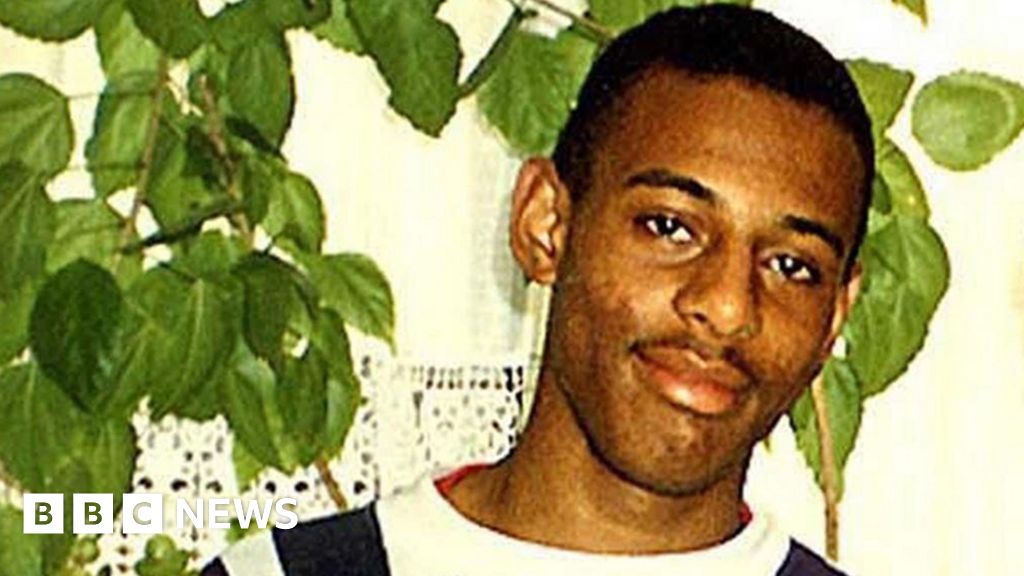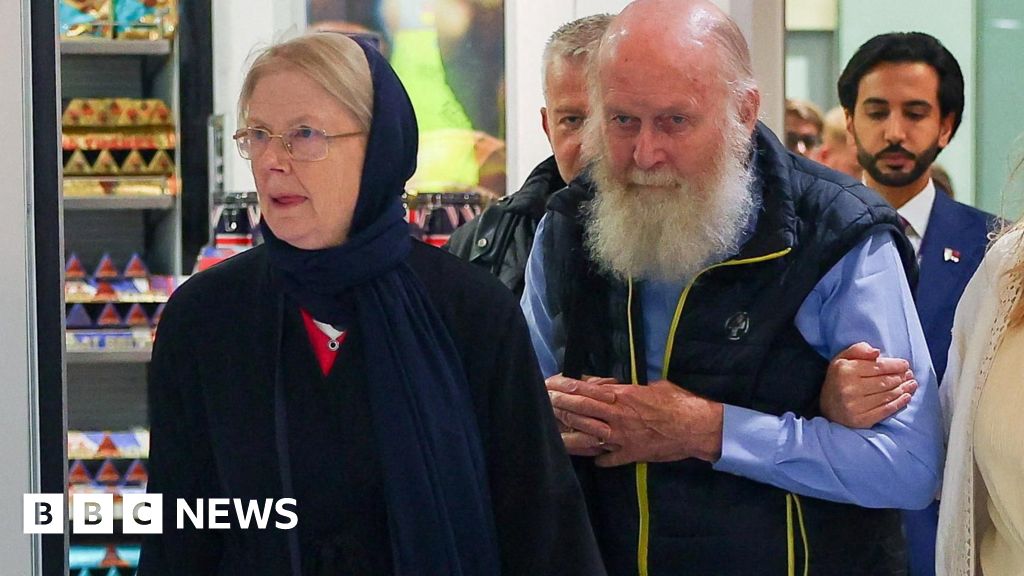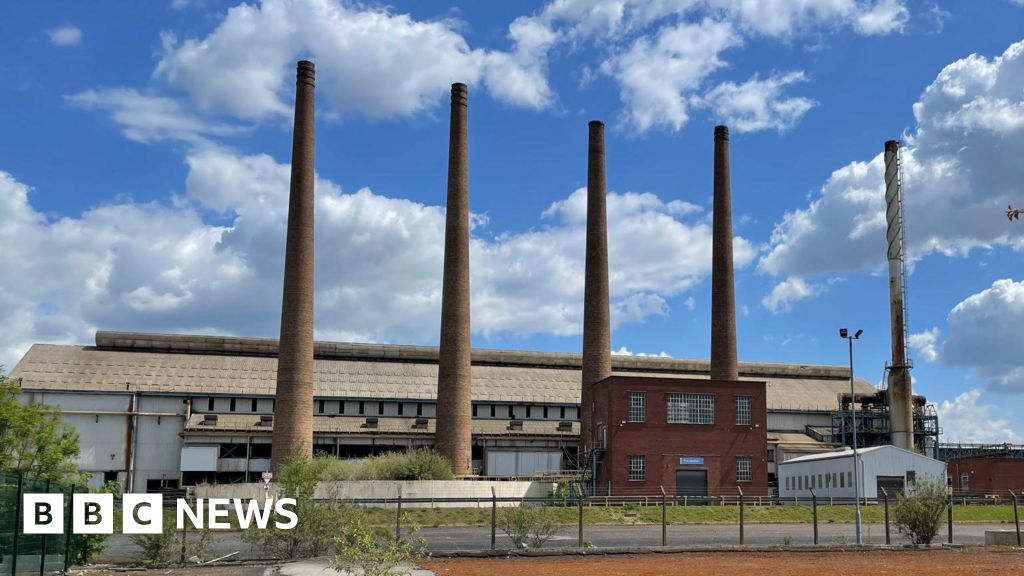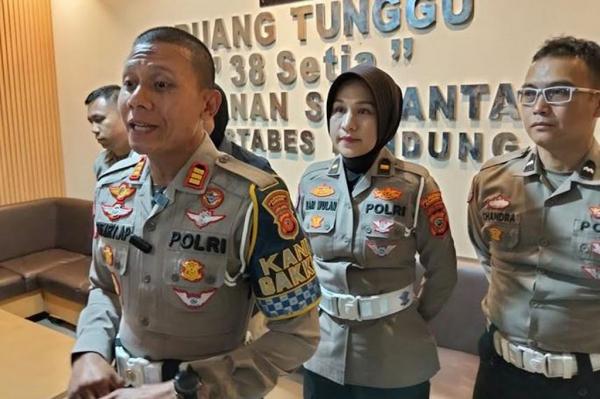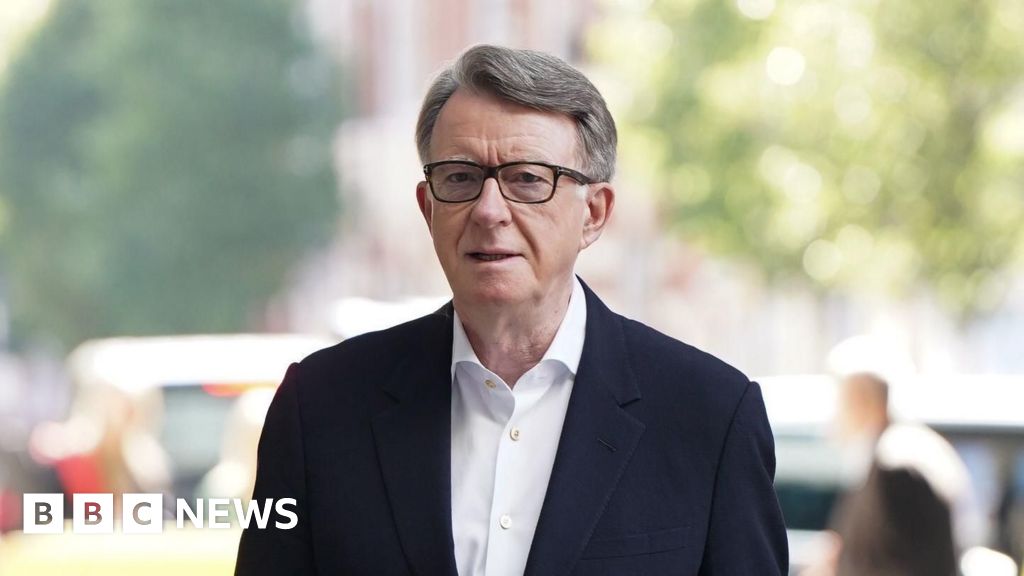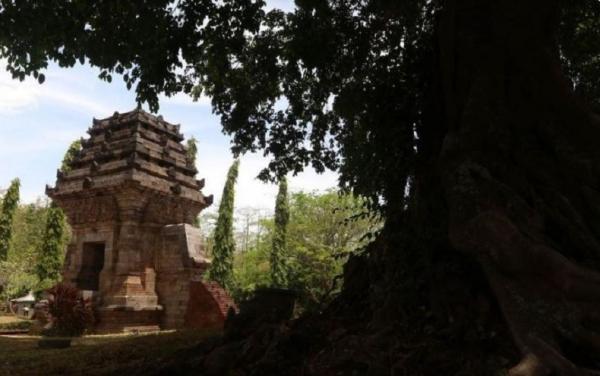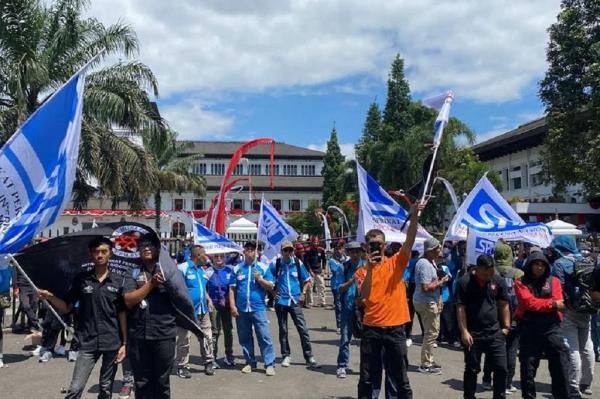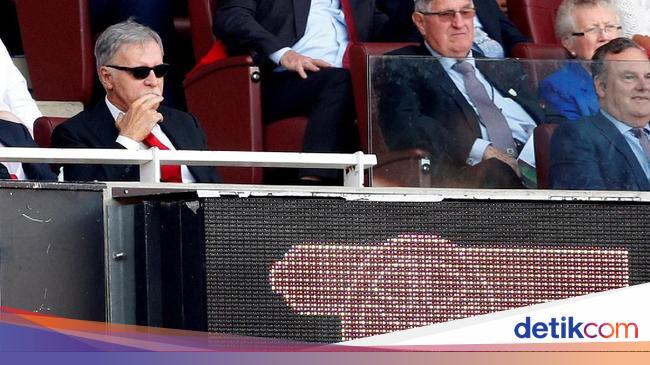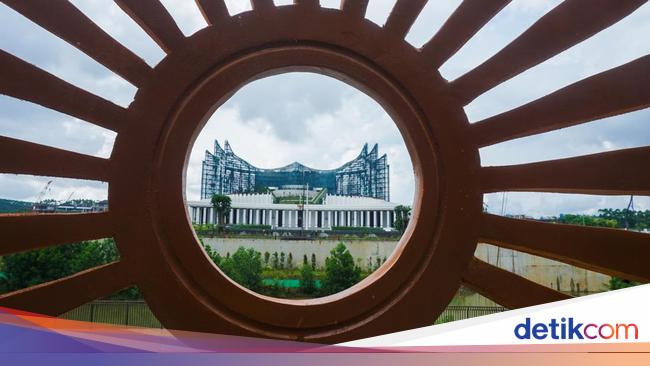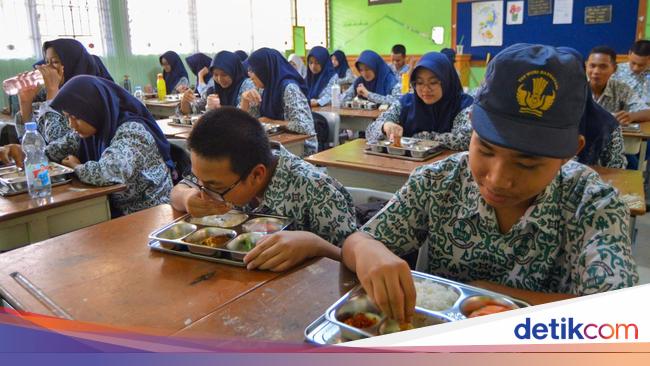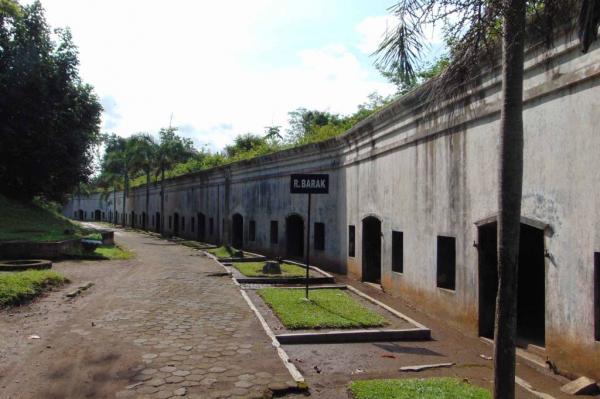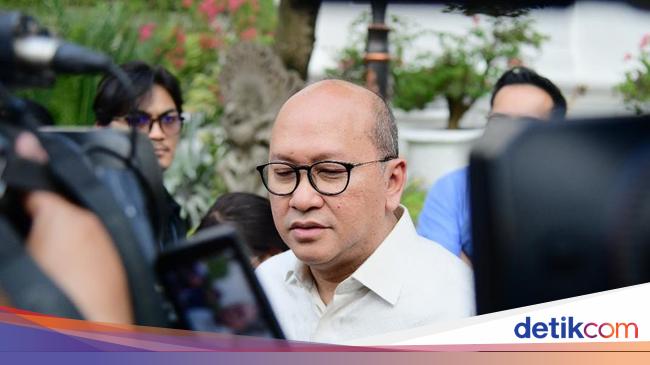Becky MortonPolitical reporter
The two-child benefit cap will be scrapped in full from next April, Chancellor Rachel Reeves has said.
The policy, introduced under the Conservatives in 2017, means parents can only claim universal credit or tax credits for their first two children.
Announcing the move, which is estimated to cost £3bn a year by 2029-30, Reeves said her party did "not believe that the solution to a broken welfare system is to punish the most vulnerable children".
However, the Tories have criticised the decision, arguing people on benefits should have to make the same financial choices about having children as everyone else.
The cap does not affect child benefit, which is paid to families where the highest-earning parent earns less than £80,000.
Defending the cap, Conservative leader Kemi Badenoch said it "strikes the right balance between supporting people who are struggling and protecting taxpayers who are struggling themselves".
She accused the government of losing control of welfare spending, adding: "They are hiking taxes on workers, pensioners and savers to pay for handouts to keep their backbenchers quiet."
Reeves has been under growing pressure to remove the cap, with Labour MPs and charities arguing this is the most cost-effective way to reduce child poverty.
The government estimates the measure will mean 450,000 fewer children are in poverty by 2029-30.
The announcement, which has been welcomed by child poverty campaigners, was met with cheers from Labour MPs in the House of Commons.
Reeves said the cap "pushes kids into poverty more than any other" and had "made almost no difference to the size of families".
"[The Conservatives] said they were punishing parents' choices – but it's kids who have paid the price for the policies of a party which opted for cynical gimmicks over real savings in the welfare system," she told MPs.
The chancellor said she was able to remove the cap - a move she said was "fully funded" - because she was tacking fraud and error in the welfare system, as well as cracking down on tax avoidance and reforming gambling taxes.
"Combined with other actions we are taking this Labour government is achieving the biggest reduction in child poverty over a Parliament since records began," she added.
Alison Garnham, chief executive of Child Poverty Action Group, said the move would be "transformational for children".
"This is a much-needed fresh start in our country's efforts to eradicate child poverty and while there is more to do it gives us strong foundations to build on," she said.
Labour MPs also praised the announcement.
In a joint statement, Helen Hayes and Debbie Abrahams, who chair the Commons Education and Work and Pensions committees, said removing the cap would have "a direct and positive impact" on children's wellbeing.
However, they added that the government's upcoming child poverty strategy "needs to go much further".
A total of 1.6 million children are living in larger families affected by the policy, which applies to third or subsequent children born after 6 April 2017.
Around 59% of families affected have a least one parent working, according to the Child Poverty Action Group.
There is some evidence from researchers that the cap has contributed to higher poverty rates among children in larger families since it came into effect.
The poverty rate for all children has been steady since 2009 at around 30%.
But the poverty rate for children in families where there are three or more kids has been rising, from 40% in 2017 to around 44% last year.
Other research suggests the policy has only had a very small impact on whether people decide to have more than two children.
Labour MPs and campaigners had been pushing for a full reversal of the policy, following reports the Treasury was also considering a tapered approach, where parents would receive the most benefits for their first child and less for subsequent children.
Other options reportedly considered included limiting additional benefits to three or four children.
However, earlier this month Reeves suggested she favoured scrapping the cap in full, telling the BBC children in bigger families should not be "penalised" through "no fault of their own".
While removing the cap has been a long-standing demand of many Labour MPs, Reeves had faced growing pressure to scrap it.
New deputy Labour leader Lucy Powell and Education Secretary Bridget Phillipson were among those who had indicated they wanted to see the cap ditched in recent months.
In its election manifesto last year, Labour promised to develop "an ambitious strategy to reduce child poverty" and a taskforce was launched in July 2024 after the party won power.
However, many Labour MPs were disappointed the party did not commit to scrapping the two-child benefit limit straight away, with the government saying it would not make "unfunded promises".
The wider child poverty strategy was due to be published in the spring but was delayed and is now expected in the coming days.
Sign up for our Politics Essential newsletter to read top political analysis, gain insight from across the UK and stay up to speed with the big moments. It'll be delivered straight to your inbox every weekday.
.png)
 7 hours ago
5
7 hours ago
5
